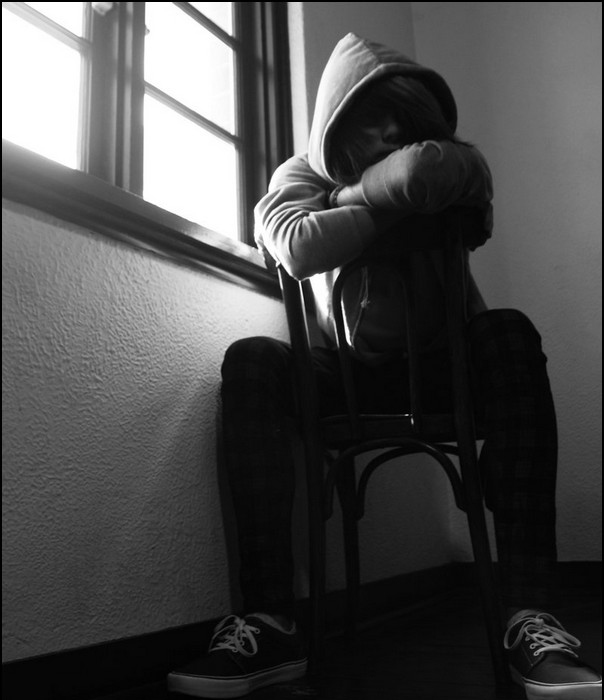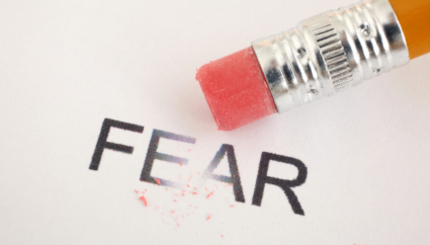 Today’s guest post is by Davey Wavey’s good friend and spiritual weight release coach, Diane Petrella. Diane is also one of the contributors to The Davey Wavey Weight Loss Program.
Today’s guest post is by Davey Wavey’s good friend and spiritual weight release coach, Diane Petrella. Diane is also one of the contributors to The Davey Wavey Weight Loss Program.
Were you sexually abused as a child or teen? Do you struggle to lose weight as an adult? If this applies to you, you’re not alone. Sexual abuse is a hidden secret behind weight loss difficulty for many people. While rarely discussed, without this information even the most well-intentioned weight loss advice falls short. But once you understand the deep connection between sexual abuse and carrying extra weight, you’re no longer held back by experiences from your past. Releasing weight can begin to feel more manageable and feeling confident about your body becomes possible.
Studies show that one in four women and one in six men have experienced some form of sexual molestation before the age of eighteen. Depending on the level of the trauma experienced, it’s not unusual for a child victim to later struggle with addictions, poor body image, eating disorders and obesity.
Barbara’s Story
Obese most of her life, Barbara worked with a dietician to help her lose weight for good. She learned about eating healthfully and mindfully, began an exercise program, and took steps to improve her lifestyle. Whenever she made progress, however, her motivation waned. Rather than feel excited about weighing less, she felt a vague discomfort. Anxiety set in. She felt vulnerable and used food to cope. Realizing emotional issues blocked her client’s progress, Barbara’s dietician referred her for counseling.
In our first session, I learned that Barbara’s grandfather sexually abused her for years during her childhood and adolescence. Her weight gain, as well as turning to food when depressed and lonely, began during that time. It became clear that exercise and nutritional guidance alone were no match for the monstrous weight of underlying fear, anger, and shame that Barbara held deep inside.
A Confusing Paradox
Barbara wanted to be thinner but the frightened child inside her didn’t. While Barbara was afraid she’d never lose weight, her subconscious mind was afraid she would.
Let me explain. On a subconscious level excess weight offers emotional protection from unwanted sexual advances. For example, Barbara wanted a thinner body but felt safe in a large one. She often said, “When I get thinner, men notice me and you know what that means.” She associated being thin with being sexually vulnerable even though, on a conscious level, she desperately wanted to lose weight. Once Barbara understood how the sexual abuse trauma she experienced influenced her weight loss attempts, she felt liberated. She then embarked on a journey that not only helped her come to terms with what happened to her as a child, she began to love her body for the first time in her life.
The subconscious fear of unwanted sexual advances is but one aspect of how childhood sexual abuse creates obstacles to successful weight loss in adulthood. Other issues include compulsive overeating to cope with overwhelming feelings and memories, shame about being abused which exacerbates shame about being overweight, and feeling disconnected from one’s body.
Here are five strategies that helped Barbara begin her new path. Perhaps they will help you, too:
- Safety First: It’s essential that your home and work environments feel safe. Before embarking on your weight loss journey, seek help to resolve or leave any physically or emotionally abusive relationships. You can’t help your “inner child” feel safe if you’re not safe.
- Visualize Small Steps: As you release weight, subtle insecurities may develop, especially in summer months when wearing fewer clothes. Underlying fears about being thin may make it hard to even imagine yourself at your ideal weight. That’s OK. Use visualization to see yourself three to five pounds lighter, then three to five pounds lighter after that. Develop safety in your imagination first to help you feel safe in your body later.
- Take Yoga Classes: Because your body was the object of abuse, experiencing body image issues or feelings of disconnection from your body, is common. Yoga is a gentle and powerful way to help you feel more connected with your body. Over time, as you develop confidence with your body, underlying fears about releasing weight begin to lessen and distorted images about your body begin to improve.
- Nurture Your Soul: Trauma leaves behind so much internal chaos, that it’s often hard to trust your intuition. Spend time each day, even ten minutes, to do something calming that soothes and grounds you. Whether you listen to soft music, read inspirational articles, or write in a journal, create a daily habit of reflective “me” time to quiet your mind and nurture your soul. This helps you hear the whispers of your own authentic voice guiding you along your journey.
- Get Support: Don’t travel this road alone. Seek out support from a trusted friend or relative. Talk to a professional who can assist you in ways your friends cannot. To find a psychotherapist in your local area, use this therapist finder tool at Psychology Today.
It’s not easy to have a history of sexual abuse and be struggling with weight loss at the same time… but healing does happen. Other people, including Barbara, have overcome these issues and also reached their weight loss goals. With the right approach and support, you will, too.







 Dear Anonymous,
Dear Anonymous,

